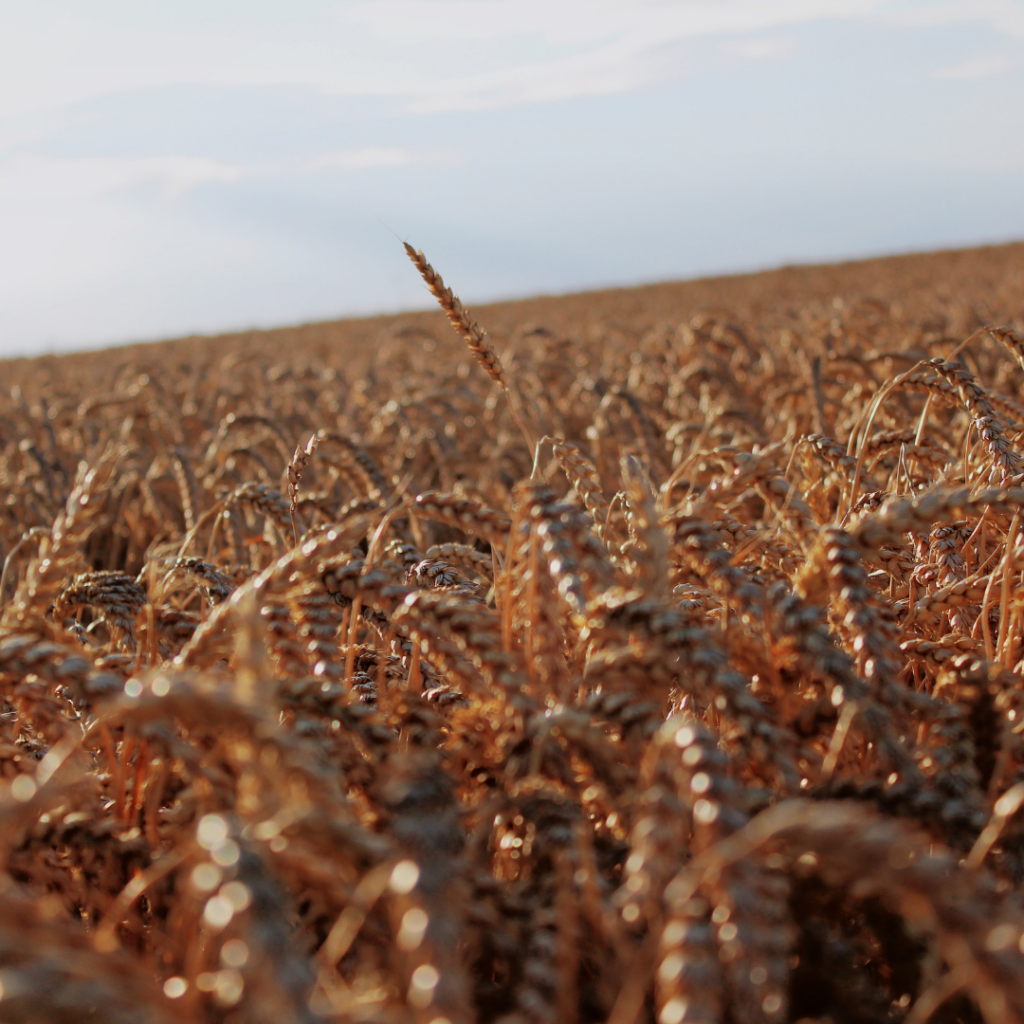
What is gluten?
Gluten is a group of plant proteins occurring in some grains which has no nutrient value for humans. It occurs naturally in wheat, rye and barley – and so is found in foods such as breads, baked goods, cereals, food colouring, malt, pasta, roux, salad dressings, sauces, soups, beer, and Brewer’s Yeast. Oats are themselves gluten free, but gluten cross-contact may happen when oats are grown side-by-side with wheat, barley or rye.
Why is gluten a problem?
It is one of the eight major allergens, alongside the dairy protein casein, eggs, fish, shellfish, peanuts, tree-nuts and soy. If you are allergic to gluten your immune system generates an antibody response to it, releasing histamine and other hormones – which give rise to inflammation and the symptoms of an allergic reaction.
If you are intolerant to gluten and the undigested protein is absorbed into the bloodstream through your gut wall, it can cause allergic reactions throughout the body.
Why are highly allergenic additives widely used in processed foods?
Gluten acts as a glue that holds processed food together and helps it maintain its shape. Salt, sugar, fat and multiple chemical additives are routinely used in processed foods to make unappealing, tasteless or spoiling food look better, taste better or last longer. These additives can cause a range of allergic reactions and digestive disorders, resulting in fatigue, behavioural problems and mood swings – and may in the long term contribute to the development of serious degenerative conditions.
Can Coeliac disease and Inflammatory Bowel Disease (IBD) be controlled by a gluten-free diet?
Coeliac disease is a widely undiagnosed and chronic digestive disorder affecting possibly one percent of the population, caused by a hereditary intolerance to gluten. The body mounts an immune response that attacks the small intestine, damaging the villi (small finger-like projections that line the small intestine), thus reducing nutrient absorption. Untreated it can give rise to serious and life-threatening conditions.
Studies have shown that a gluten-free diet can prevent and treat Inflammatory Bowel Disease (IBD), which includes both Crohn’s disease (regional ileitis) and Ulcerative Colitis. These two conditions share similar symptoms of diarrhoea, abdominal pain, weight loss, anaemia and fatigue, but they are not the same illness.
Crohn’s disease usually inflames the top part of the gut known as the small intestine (ileum) and may affect only a part or parts of the whole organ. It affects the entire thickness of the bowel wall, and can ultimately lead to bowel obstruction. Ulcerative colitis only affects the lower part of the gut known as the large intestine (colon and rectum). Inflammation affects the inner-most lining of the organ causing small sores, or ulcers, to form.
What about Inflammatory Bowel Syndrome and a gluten-free diet?
If you are intolerant to gluten you are unable to digest and process gluten, usually due to a lack of one or more enzymes in your digestive system. The intolerance does not involve the immune system, and symptoms are usually limited to gas, bloating and abdominal pain. Intolerance can lead to allergies if it remains unresolved.
How can I test myself for gluten sensitivity?
Keep a detailed food diary and carefully observe and note your body’s reaction to gluten containing foods. Once it is clear that gluten rather than another allergen is causing your symptoms, follow a gluten elimination diet for two weeks and note how this impacts your symptoms.
What should I do if I am gluten allergic or intolerant?
Symptom suppressing drugs may bring temporary relief but may also have undesirable side effects, so the most effective remedy is gluten avoidance and substitution if required. Rice, quinoa, millet, potatoes, beans and corn are good substitutes for gluten containing grains; soy is often used as a substitute but is itself also a major allergen. Remember that gluten is hidden in almost all processed foods, so always choose whole foods wherever possible.
Most of the foods and nutritional supplements sold at Healthright are gluten free and we are currently working towards eliminating gluten from the shop.
